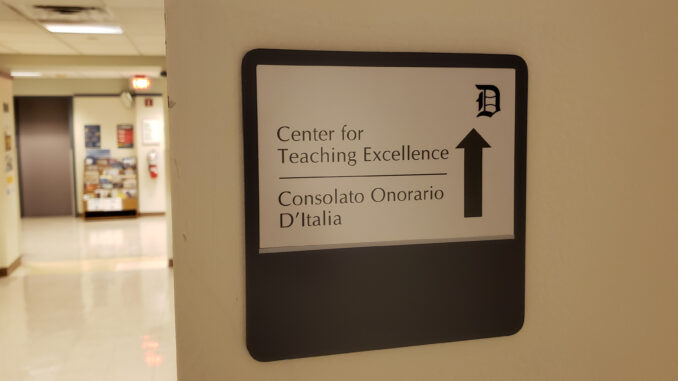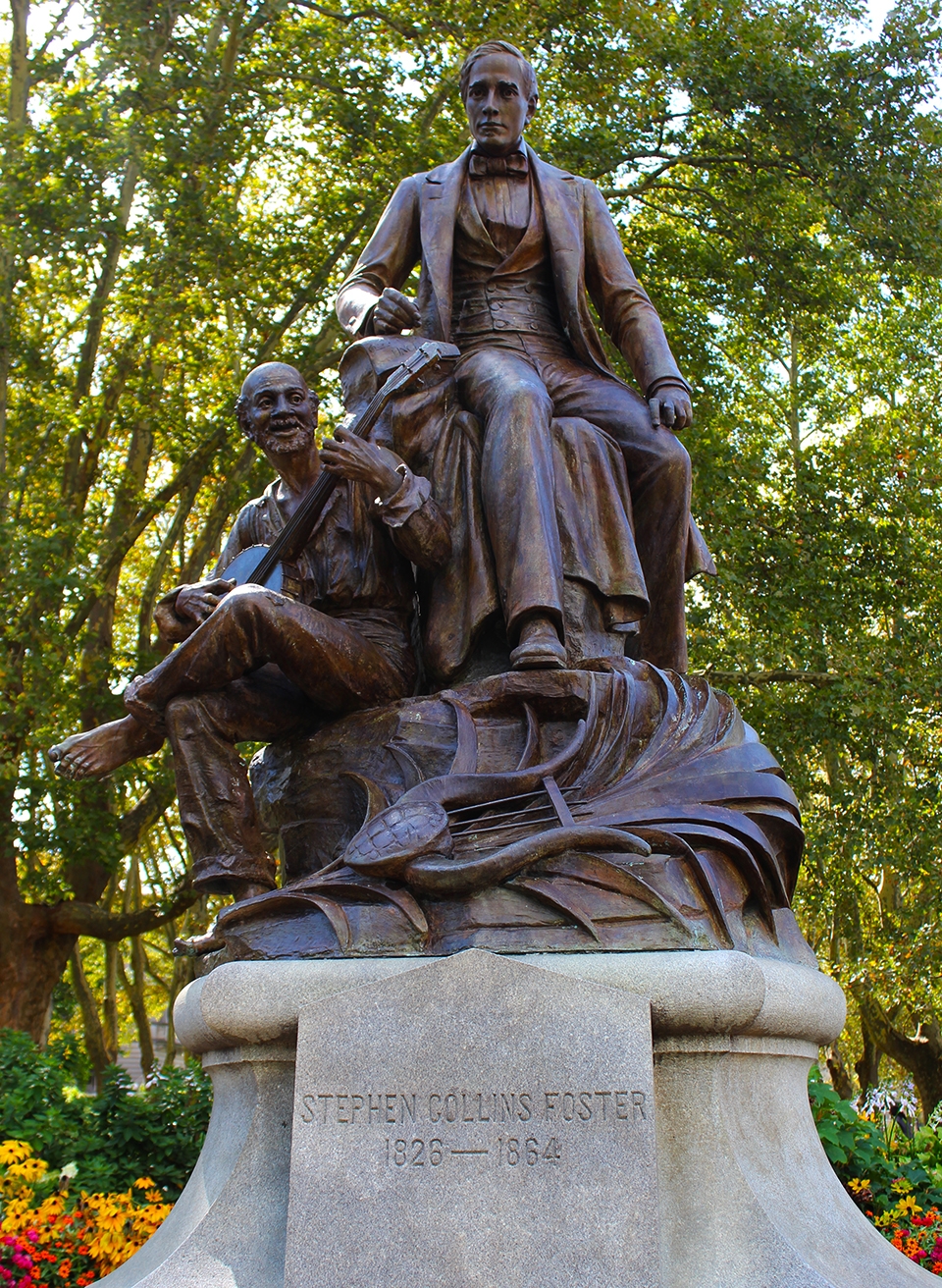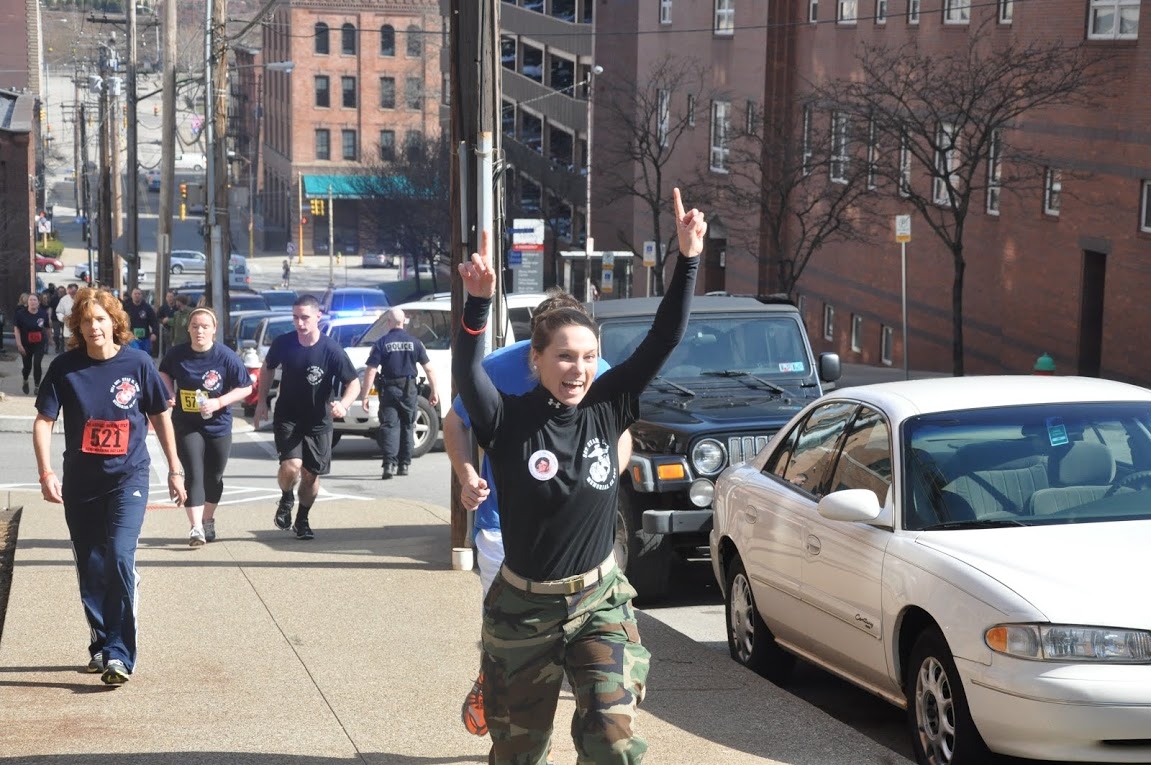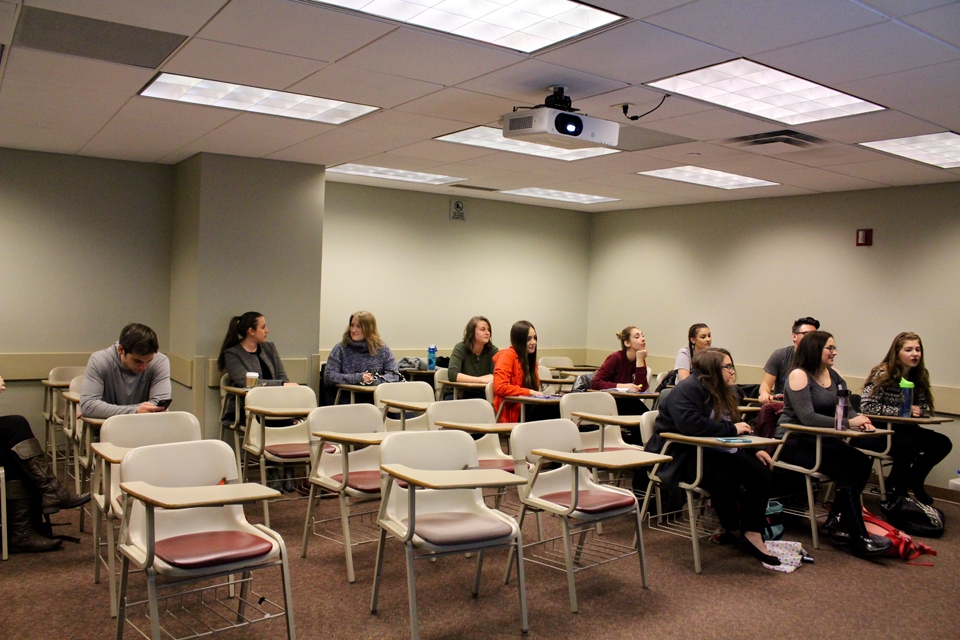
Kellen Stepler | features editor
Oct. 21, 2021
One challenge white educators face when teaching about race is that it’s often not a skill set that most have, but Duquesne’s Antiracist Pedagogy Community of Practice (APCP) is hoping to change that.
The organization is hoping to create a space where faculty and staff can discuss topics like race and antiracist pedagogy in the classroom.
“The way in which our own educational journeys, as well as the ways our society works, is that we don’t talk about race,” said Jessica Mann, Assistant Vice President of Community Engagement of Duquesne’s Center for Community Engaged-Teaching and Research. “In that case, white folks often don’t see themselves as racialized beings because whiteness has become the norm, it’s the standard, and that anybody who is not white is other, so you then have the luxury of not thinking about your race and what it means to both yourself and to others.”
The APCP was formed in January in an attempt to create spaces for Duquesne faculty and staff to learn and talk about race, racism and intersectionality, and apply antiracist techniques and ideas in their classrooms.
The first APCP session for the fall semester was Tuesday, Oct. 19 on Zoom. The discussion looked at numerous ways that one’s personal and social identities are constructed, and how those characteristics influence professional roles and relationships.
What is the APCP?
In the Fall 2020 semester, Duquesne’s Center for Teaching Excellence (CTE) facilitated a discussion of readings on race and pedagogy on Zoom. Mary Parish, Duquesne’s associate director of online learning and strategy, attended CTE’s session along with Mann, and was interested in what she heard.
“We heard some excellent, excellent discussions that emerged during the breakout sessions, and just a real interest expressed by many of the folks who were there to learn more,” Parish said.
Parish, Mann and CTE’s Erin Rentschler held their first event of the APCP in January – the first of two events for the spring 2021 semester. Parish said that the events were “very well attended,” drawing around 40 to 50 people.
In the Spring 2021 sessions, Anthony Kane, director of Duquesne’s Center of Excellence in Diversity and Student Inclusion presented about inclusive classrooms, and Alydia Thomas, assistant director of student development and programming, discussed students’ experience of racism on campus.
“Those sessions were really to elevate the voices of students without inviting the students into the room, so that they wouldn’t have to defend their experience and sort of relive any associated trauma,” Mann said. “But, we really wanted faculty and staff that were participating to understand what the reality of marginalized students is on this campus, how it manifests in both the classroom and their residence halls or just walking on campus.”
Mann said they marked out baseline definitions of terms like intersectionality, racism and inclusion; and then provided a better understanding of those terms. Tuesday’s session asked staff members to map out their identities from an intersectionality perspective.
Some of the reflection in that session includes what an educator represents when they enter a space, how people interpret an individual when they enter a space, and how that aligns with how one views themselves, Mann said.
“With that information, we’re going to move toward strategies for inclusive practice [and] inclusive leadership; thinking about how to incorporate those things into the structure of syllabi and curriculum,” Mann said.
The APCP, Rentschler said, offers an opportunity for space and reflection in ways that are both “safe and brave.” She also noted that CTE offers different outlets for faculty to learn more about race and pedagogy; including an “inclusive teaching challenge” workshop that comes with a newsletter that introduces faculty to concepts, readings and suggested actions to make a classroom more inclusive.
Additionally, CTE offers a two-part book study, discussing the book “What Inclusive Instructors Do: Principles and Practices for Excellence in College Teaching.”
“I think having these different places for faculty and staff to engage in different ways brings value to making this as effective as we can in the positions that we have,” Rentschler said.
A space for self-reflection
The APCP is an inviting environment, Mann said, and creates a space for educators to discuss topics in a space that feels non-threatening.
“We need to be empathetic, we need to recognize that we are all products of systems that we’re a part of, and that the beautiful thing about this type of work is that we’re capable of change and growth,” she said.
There’s also been a shift in cultural norms over time about how humans view race, Parish said. In the 1970s and 80s, there was a “notion that to see race was to be racist.”
“The reality is if you can’t see race, then you can’t see racism,” Parish said. “We want to help people who are already on their journeys of learning, and are very, very focused and caring about the many implications of race and higher ed.”
Having this space to explore these matters, Parish said, is important, and lives Duquesne’s mission.
“This just gives it a focus, it gives it a space for discussion that is helpful and needed in our present moment.”



